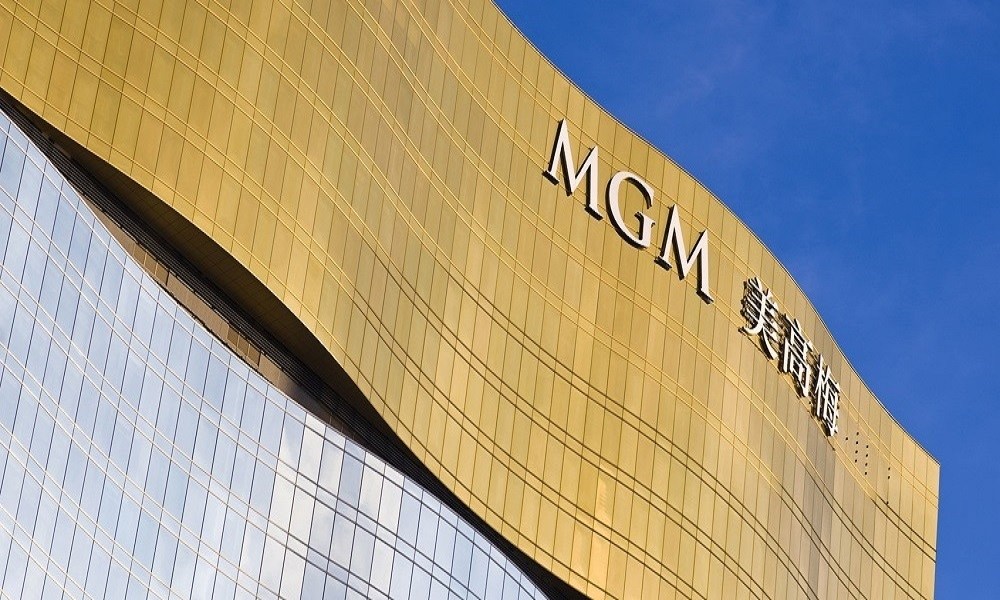 Reading Time: 2 minutes
Reading Time: 2 minutes
Grant Bowie, CEO and executive director of the Macau-based casino operator MGM China said the group would be “happy” for any opportunity for talks to obtain a two-year extension of the Macau gaming rights, which is currently held by its Macau operating unit.
He said: “We would be happy to work through with the [Macau] government for any opportunity which would lead us to an extension for two years or for however long the government would see fit and appropriate.”
MGM China’s current Macau casino license will expire in 2020.
In February this year, MGM China opened the HKD27-billion (US$3.4-billion) MGM Cotai casino resort in the city, which analysts say should take beyond 2020 to achieve payback.
MGM China’s Macau gaming permit technically stems from a sub-concession spun off from the rights of fellow Macau operator SJM Holdings Ltd. Those current concession rights expire in 2020.
On Wednesday Ambrose So Shu Fai, CEO of the latter firm, told media that it would like to get a two-year extension for its current Macau gaming concession, to put it on the same starting line for a fresh concession tender process as four other Macau operators, that see their current respective gaming rights expire in 2022. SJM Holdings’ first Cotai resort, the HKD36-billion Grand Lisboa Palace, is not expected to open until the second half of 2019, according to Mr So.
On Friday, GGRAsia asked MGM China’s Mr Bowie whether it would automatically follow legally that if SJM Holdings got a Macau extension, MGM China too would get one.
He told us only: “We believe we have language in our concession consistent with the other concessions and sub-concessionaires.”
Mr Bowie further noted: “We continue to work with the government, and are hopeful that we would have a positive outcome with an extension of our concession.”
Macau gaming law states that the licences of the existing holders can be extended for a maximum of up to five years from their original expiry dates. But once a gaming concession contract expires, any new concession would have to be granted via a public tender. In that sense, say gaming lawyers familiar with the matter, there is no such thing in the Macau context as a “concession renewal.”
Regarding the MGM brand in China, Mr Bowie also told GGRAsia on Friday that he was in Shanghai in mainland China for the opening that night of the Bellagio Shanghai hotel located on the city’s waterside thoroughfare the Bund. The new non-gaming property is named after the Bellagio Las Vegas casino resort.
The Shanghai version has 162 luxury rooms and suites and is a product of the joint venture between the operating company of Diaoyutai State Guesthouse – the Chinese Foreign Ministry’s venue for hosting heads of state – and MGM China’s parent, U.S. casino operator MGM Resorts International.
GGRAsia asked Mr Bowie whether the hotel could act as a feeder facility for MGM China’s resorts in Macau.
Mr Bowie told us: “The Diaoyutai MGM joint venture has always been seen as a positive opportunity to get the brand out, and provide opportunities to extend the reach.”
Source: GGRAsia
Source: European Gaming Industry News





